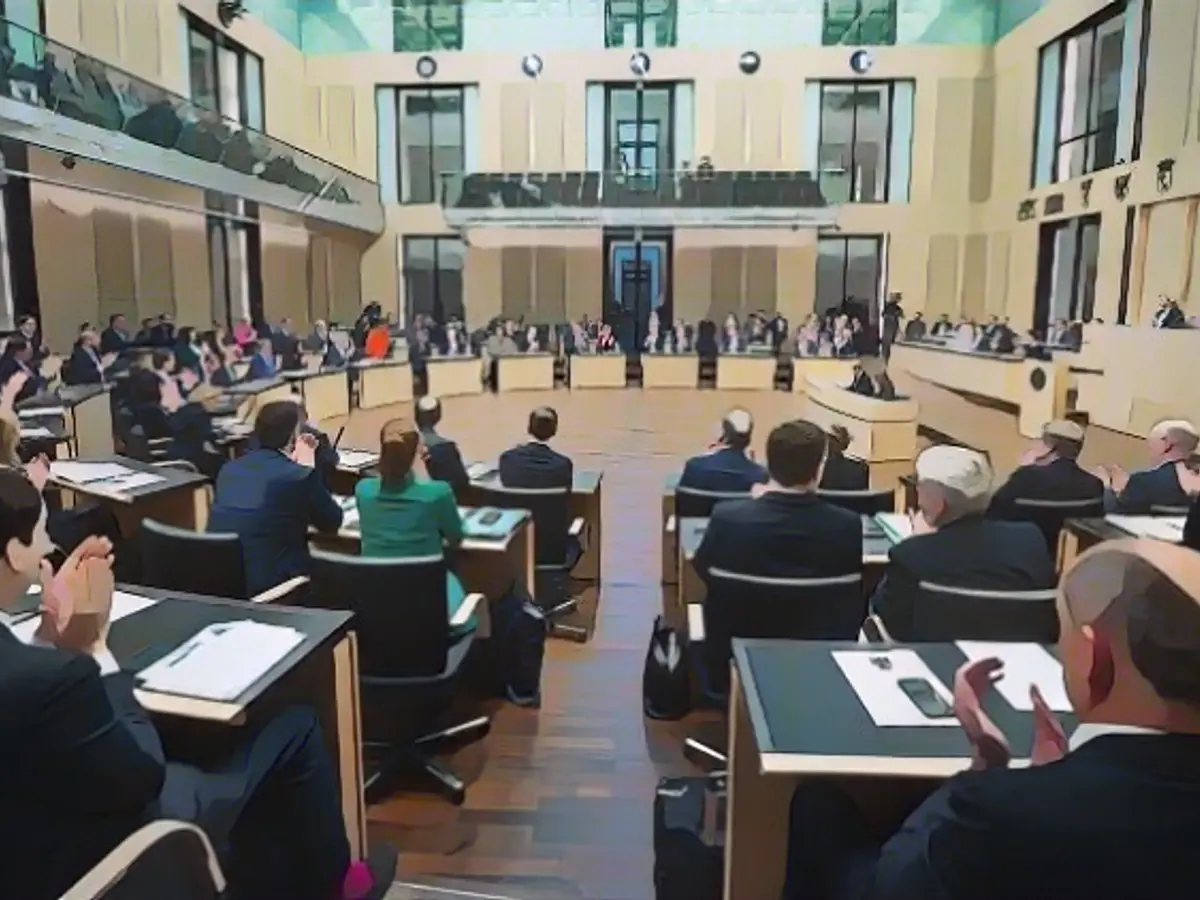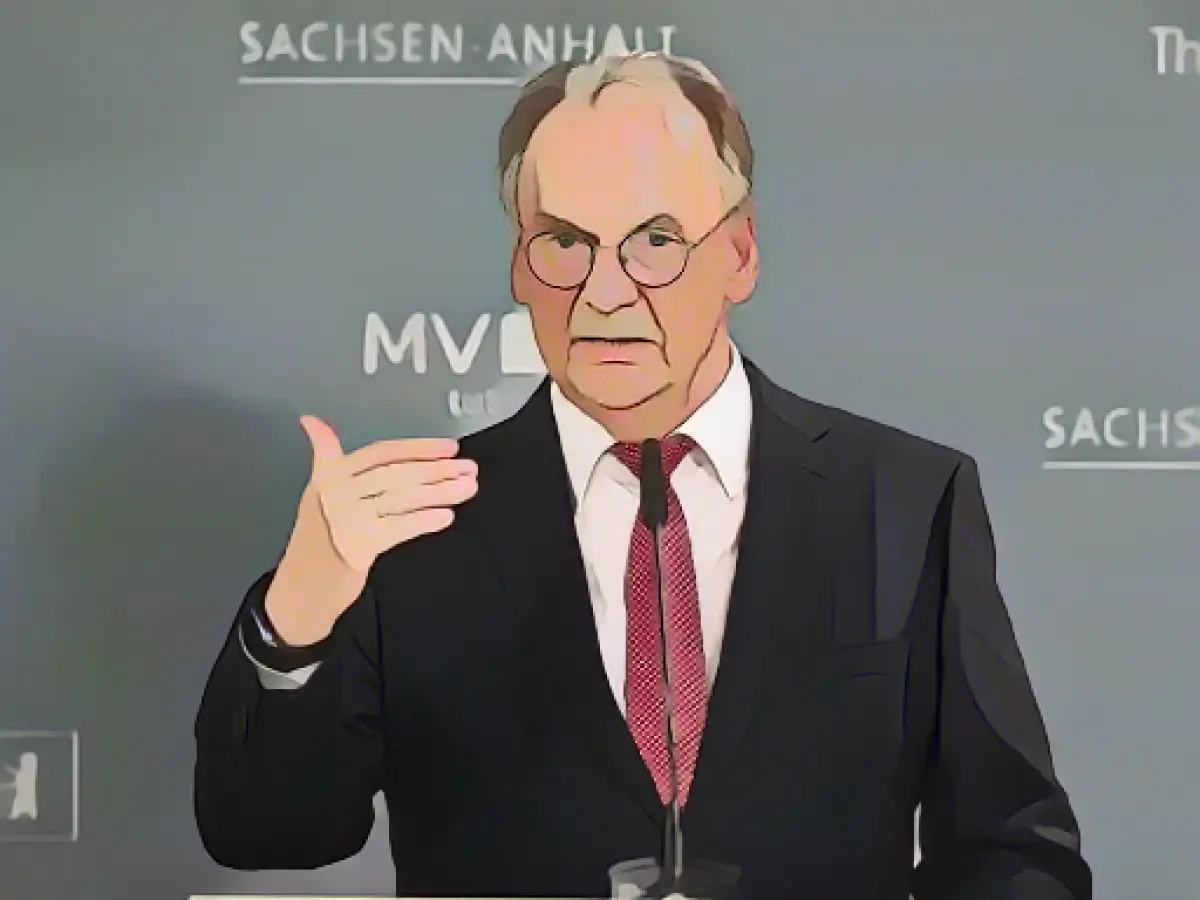Bavaria's Permanent Gastronomy Tax Reduction Proposal Falls Short
Germany's upper house, the Bundesrat, has hit a snag in Bavaria's proposal to maintain the reduced 7% VAT rate for the catering sector past its year-end expiration. The motion to extend this lower tax rate to both food and beverages in restaurants failed to gain a majority on Friday.
Following the pandemic, Germany temporarily slashed the tax rate on restaurant food from 19% to 7% to buoy the struggling hospitality industry. With initial plans to revert back to the 19% rate in early 2024, the traffic light coalition has now cemented its stance on restoring the higher tax rate.
Bavaria's Chief Minister, Markus Söder (CSU), questioned this decision in the Bundesrat, warning about impending distress for the industry. "Thousands of livelihoods are at stake, nationwide," he claimed, suggesting alternative savings spots, such as reducing the citizen's allowance or reconsidering the heating law. Söder also proposed postponing planned Chancellery extensions, and instead, channel funds towards affordably priced and accessible meals for all.
Despite Söder's concerns, the Bundesrat demonstrated resistance to Bavaria's call for a permanent subsidy through reduced taxes, especially on beverages. The coalition government's stance remains unwavering, concurring with the planned 2024 return to the original 19% rate for both food and beverages in restaurants.
While sources do not explicitly reject Bavaria's proposal, Germany's broader tax discussions suggest that implementing significant, permanent reductions would be a daunting challenge. Chancellor Olaf Scholz has focused on reducing the tax burden for lower-income earners, including potentially dropping the VAT on food, but no timeline or explicit commitment to gastronomy services reduction has been announced[1].
Criticism of Scholz's proposed 10% tax incentive by Friedrich Merz of the CDU/CSU raises suspicions about implementing broad tax cuts, which may ultimately restrict the chances of a permanent reduction in gastronomy service taxes. As of now, the 2024 gastronomy tax rate remains uncertain due to concerns over fiscal balance and economic stability.
Enrichment Data: The general context of German tax discussions indicates potential challenges in implementing permanent gastronomy service tax reductions due to fiscal constraints and political debates. Scholz has proposed easing the tax burden for lower earners but has not specified plans for gastronomy services beyond the VAT drop on food items. Merz's criticisms of Scholz's tax incentives could imply reluctance to support significant tax cuts, including for gastronomy services. The exact tax rates in restaurants for 2024 remain unclear due to these fiscal concerns.








